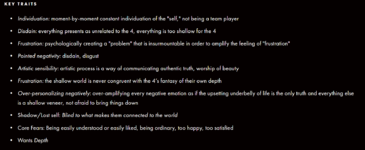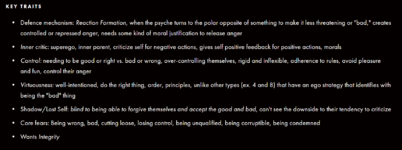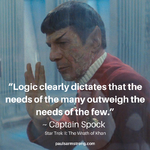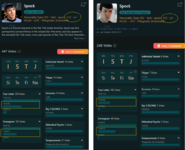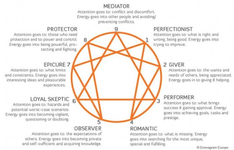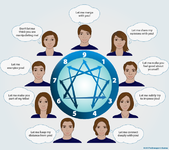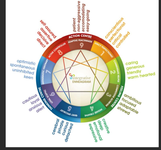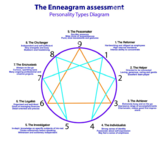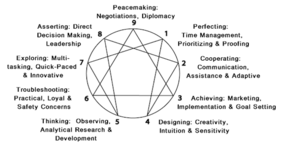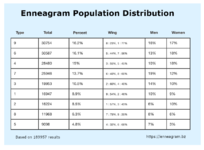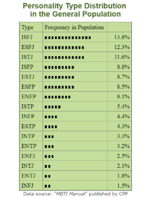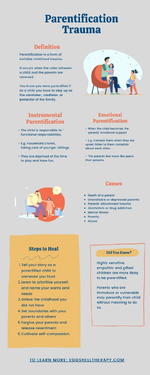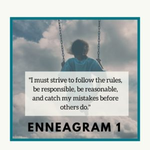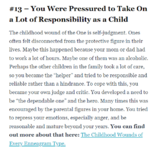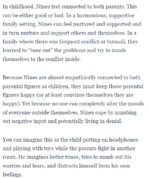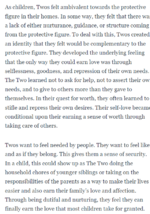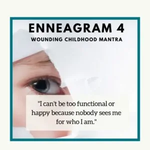yeghor
Well-known member
- Joined
- Dec 21, 2013
- Messages
- 4,276
Interesting that the compulsion for optimizing the self and other things does not come up associated with other enneagram types on google search. Do you have any definitions that associate other enneagram types besides E1 with this compulsion?Yep, its present in E1 and E5 at least, if not on head types also as well, and also E9 on another way...
So it is not that of a good argument for a type.
Fi in MBTI very well matches with E4 compulsions, authenticity in expression and fine tuning of the self/individuation. It is easy to deduce that E4/Fi is a compulsion for maximal expression of the ego, and disdain for others and the world suggests low humility. Consequently, external truths that clash with their ego-ideal will be rejected and denied, so authenticity is a bit of a misnomer for E4, it is more like prioritizing E4's feelings and values over other people's feelings and values. Hence, E4/Fi can authentically be dishonest if it serves the ego-ideal.For E1, on the Conscientious route there's no XNXP 1 for sure... While for the moral crusader route there is barely any relationship with SJ-NP. So a XNXP E1 voted on PDB is pretty much inside the moral crusader... When they don't get mad enough to vote ENFP/ENTP E1.
Compare that to E1 traits and compulsions. It is clear that E1 strives to satisfy a a super-ego (above-self) ideal rather than an ego-ideal (self-ideal), see the inner critic note there. Also mind the item that explains how E4 and E8 values/ideals serve the ego-ideal whereas E1 the super-ego ideal (rules, principles, code of good conduct etc.).
The super-ego ideal sacrifices the needs of the ego-ideal (self) if the circumstances/facts dictate it. That means truths/facts will be accepted and acknowledged even when they are against the needs/values of the ego-ideal (self).
Conversely, to the ego-ideal, the needs of the individual outweigh the needs of others unless the needs of the others can be traced back to the need of the individual, i.e. unless the individual can identify themselves with the others. In that vein, to someone pursuing an ego-ideal, external truths/facts not fitting the ego-ideal will be rejected, resulting in lack of honesty and humility.
As an example, what is meant by logic below is actually the logic coming from a super-ego ideal rather than an ego-ideal. An E5 logic would be more concerned about maximizing the chances of survival of the individual, and when not accompanied by a strong E1 compulsion, E5 would not have any qualms about what happens to others in the process, they would be come secondary concerns, unless they serve the needs of the individual.

